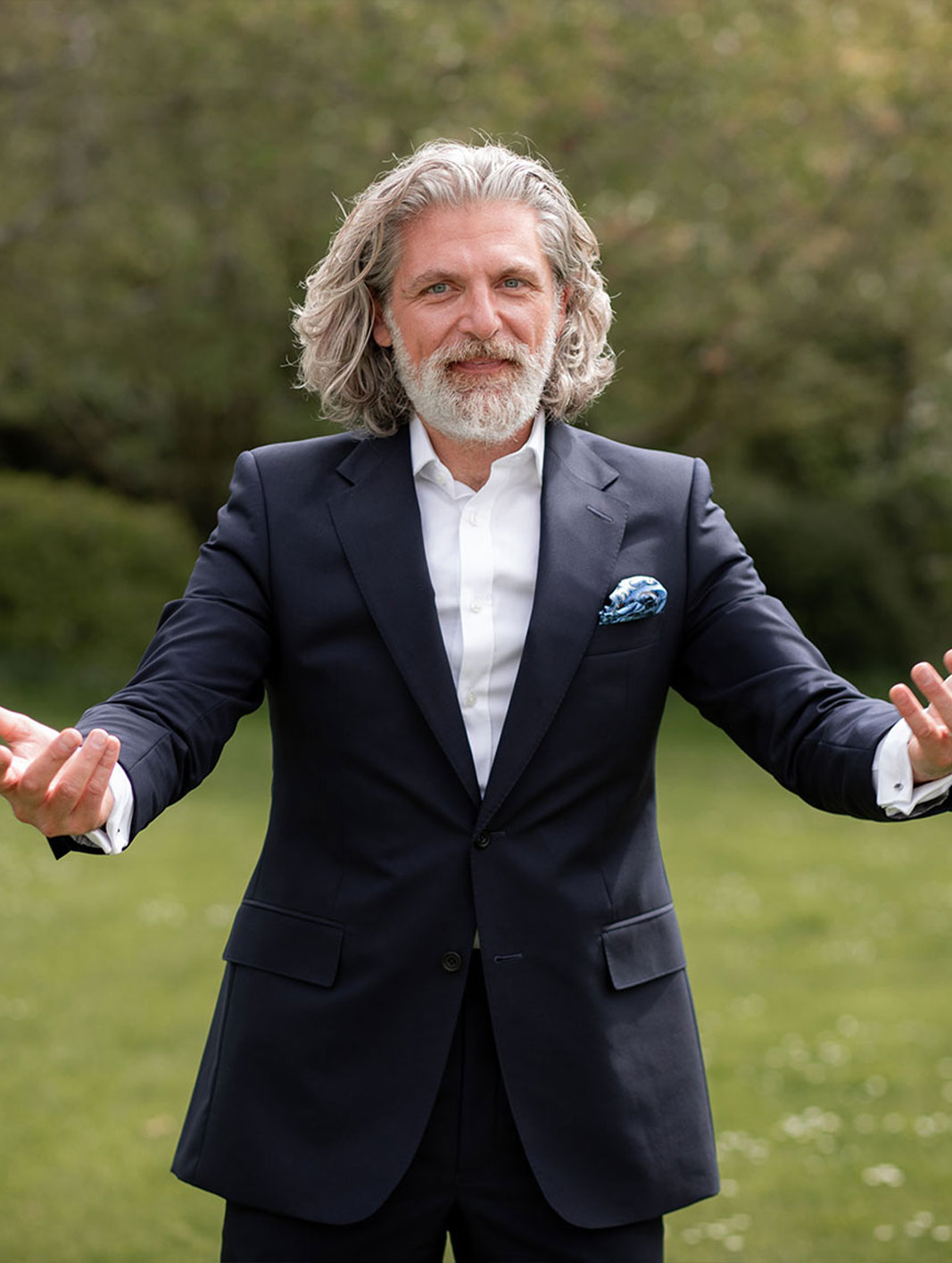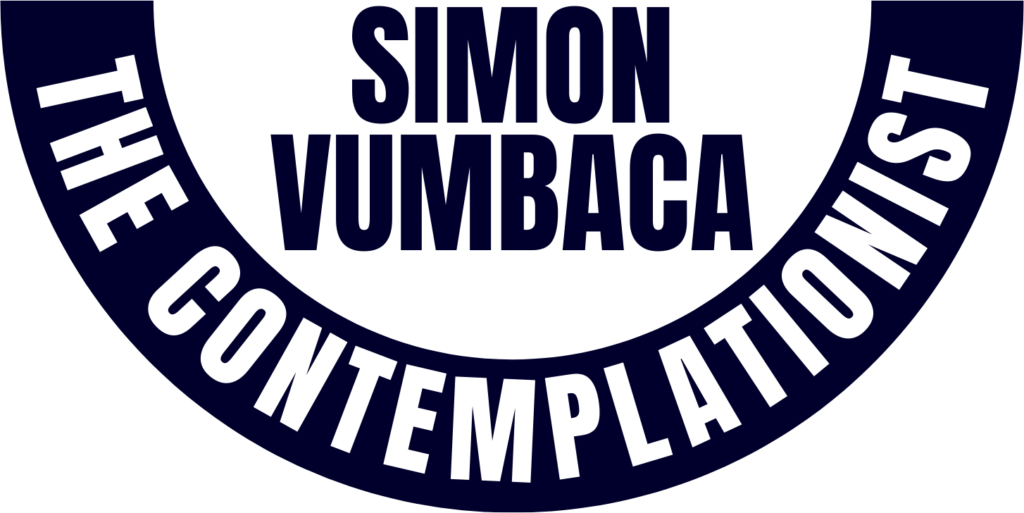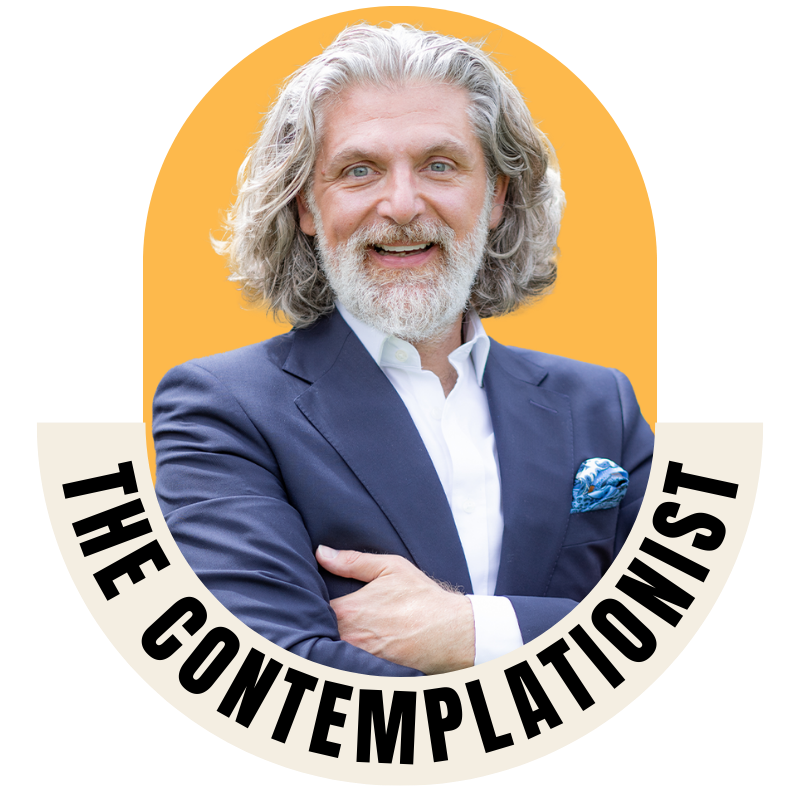The Contemplationist Question and Answer
The Contemplationist - Q&A Question and Answer - Simon Vumbaca

Philosophy is about engaging in deep inquiry and critical thinking to better understand complex issues. It involves asking “big questions” that often have no simple answers.
The word “philosophy” comes from the Greek words “philo” (love) and “sophia” (wisdom), so it literally means the “love of wisdom.”
Philosophy is the study of fundamental questions about existence, knowledge, values, reason, mind, and language. It seeks to understand the nature of reality, how we know what we know, what is right and wrong, what is life, our place in it, and what it means to live a good life. Philosophers engage in deep thinking and logical reasoning to explore these abstract concepts.
Philosophy is about engaging in deep inquiry and critical thinking to better understand complex issues. It involves asking “big questions” that often have no simple answers.
Philosophy may seem abstract or theoretical at first glance, but it has profound practical implications that shape how we think, act, and live. Through critical thinking, ethical inquiry, and reasoned debate, philosophy helps us make better decisions, understand ourselves and others more deeply, and navigate life’s challenges with greater clarity and purpose.
Philosophers offer a universal perspective that applies across all areas of life, helping you make sense of both personal and professional decisions in the context of your larger purpose and identity. They help you develop a framework for making ethical decisions and living authentically.
Q&A
The word “philosophy” comes from the Greek words “philo” (love) and “sophia” (wisdom), so it literally means the “love of wisdom.”
Philosophy is the study of fundamental questions about existence, knowledge, values, reason, mind, and language. It seeks to understand the nature of reality, how we know what we know, what is right and wrong, our place in the world, and what it means to live a good life.
Philosophers engage in deep inquiry by asking “big questions”, such as:
- What is the nature of reality?
- How do we know what we know?
- Is what we know reality ?
- What is morally right or wrong?
- What is the meaning of life?
- Should we live a fulfilling life?
- How to live a fulfilling life?
- And many more ….
While philosophy may seem abstract at first, it has profound practical implications. It helps shape the way we think, act, and live by fostering critical thinking, ethical inquiry, and reasoned debate. By engaging in philosophy, we can make better decisions, understand ourselves and others more deeply, and navigate life’s challenges with greater clarity and purpose.
Philosophy guides us in critical thinking and problem-solving, improves ethical decision-making, helps us reflect on our values, and encourages us to live more intentionally. Whether it’s in leadership, personal growth, or navigating complex moral choices, philosophy offers tools for better understanding ourselves and the world around us.
Philosophy, particularly the Contemplationism of Simon Vumbaca, provides a robust framework for evaluating the morality of business practices. Simon’s Contemplationism emphasizes deep reflection and mindful consideration in decision-making processes. By applying philosophical theories such as contemplationism, utilitarianism, deontology, or virtue ethics within a contemplative framework, businesses can navigate complex moral dilemmas and make decisions that are both profitable and socially responsible. This approach ensures that ethical considerations are thoroughly examined and integrated into every business decision, with the consequent inpact on market adoption and shares.
Philosophical training, enriched by Simon Vumbaca’s Contemplationism, encourages rigorous analysis and logical reasoning enhanced by introspection. Contemplationism fosters a state of heightened awareness and focused thinking, which enhances problem-solving skills. It enables leaders and employees to critically assess strategies, anticipate challenges, and approach issues from multiple perspectives. This mindful approach promotes innovative solutions by allowing individuals to think deeply and creatively about business challenges.
Philosophies, particularly such as the Contemplationism proposed by Simon Vumbaca, fosters a deeper understanding of fundamental questions about purpose, values, and goals through sustained reflection and mindfulness. This introspective approach helps businesses define their mission and vision with greater clarity and intentionality. By aligning long-term strategies with core values and mindful considerations, organizations ensure that their plans contribute to sustainable success and resonate with their foundational principles. Contemplationism thus aids in crafting strategic visions that are both visionary and grounded in ethical integrity.
Philosophy, through the lens of Simon Vumbaca’s Contemplationism, informs ethical and effective leadership styles by promoting reflective and mindful leadership practices. Contemplationism encourages leaders to engage in regular self-reflection, enhancing their awareness of their impact on employees, stakeholders, and the community. This mindful leadership fosters a positive and inclusive organizational culture, where decisions are made with consideration and empathy. Leaders influenced by Contemplationism are better equipped to cultivate environments that value ethical behaviour, collaboration, and mutual respect.
A philosophical approach to CSR, grounded in Simon Vumbaca’s Contemplationism, involves understanding the company’s societal role beyond profit-making through mindful and reflective practices. Contemplationism encourages businesses to engage deeply with societal issues, promoting activities geared to the interactions with the business’ tribes. This thoughtful engagement builds trust and loyalty among consumers and stakeholders by demonstrating a genuine commitment to societal well-being and ethical responsibility. This in turn solidifies what the business and its brands stand for long term.
Yes. Philosophical engagement, especially within the framework of Simon Vumbaca’s Contemplationism, emphasizes clarity of thought and mindful expression, which are crucial for effective communication and negotiation. Contemplationism fosters a state of focused awareness, allowing individuals to communicate more thoughtfully and listen more attentively. This leads to better internal collaboration, more effective presentations, and successful negotiations with partners and clients, as interactions are conducted with greater intentionality and respect.
Contemplationism, as articulated by Simon Vumbaca, challenges assumptions and promotes a state of mindful openness to new ideas and true vision. This philosophical inquiry encourages businesses to question the status quo and explore unconventional approaches. By fostering a culture of deep reflection and creative thinking, Contemplationism drives innovation, enabling organizations to develop unique solutions to problems and adapt creatively to changing market dynamics. This mindful approach to creativity ensures that innovation is both intentional and aligned with the company’s core values.
Philosophy, through Simon Vumbaca’s Contemplationism, provides tools for aligning your vision and purpose driven actions. In doing so it eliminates the ambiguity and enhance clarity of purpose driven actions, and it also help changes. Contemplationism encourages individuals, leaders and organizations to engage in reflective practices that help them find and maintain a purpose driven vision full of their meaning and stability during uncertain and defining times. Concepts from Contemplationism, such as embracing impermanence and fostering inner resilience, enable businesses to adapt gracefully to change, maintain focus on their core values, and sustain their operations amidst volatility.
Philosophical discussions, enriched by Simon Vumbaca’s Contemplationism, about the nature of success and the purpose of business assist organizations in balancing financial goals with broader societal responsibilities. Contemplationism promotes a practical and philosophical approach by encouraging businesses to reflect deeply on their reasons and visions, how the vision will impact and align their profit motives with all relevant purposes. This balance leads to more sustainable and fulfilling business practices, where financial success is harmonized with the well-being of all stakeholders.
A business grounded in a solid purpose driven vision creates values, particularly through Simon Vumbaca’s Contemplationism. Such business is more likely to earn the trust of customers, employees, and partners. Contemplationism emphasizes consistent purpose driven vision, via a commitment to core values through mindful and reflective practice. This dedication to a declared vision contributes to a strong, positive reputation, which is invaluable in today’s competitive market. Trust built on solid philosophical principles ensures long-term loyalty and a solid reputation for reliability and conduct.
Integrating philosophy, especially the Contemplationism of Simon Vumbaca, into business practices fosters a thoughtful, ethical, and sustainable approach to achieving organizational goals. Contemplationism enhances decision-making and leadership by promoting purpose driven actions to conform to a vision while ensuring that businesses contribute positively to its tribe and all involved. Embracing these philosophical principles helps companies navigate complex challenges with purpose, leading to long-term success and impact. By adopting Contemplationism, organizations can cultivate a culture of awareness, resilience, and innovative thinking that drives sustained growth and societal value in the long term, being adaptable to change, rather than succumbing to it.
Contemplationism, as articulated by Simon Vumbaca, is both a philosophy and a spiritual practice. It seamlessly integrates the critical, ethical, and analytical aspects of philosophy with the mindful, introspective, and emotional dimensions of spirituality. This hybrid approach offers a robust framework for personal development, ethical decision-making, and effective leadership, making Contemplationism a versatile and impactful philosophy-spirituality fusion.
The integration of philosophy and spirituality has given rise to various schools of thought and movements that seek to harmonise rational inquiry with inner exploration over many millennia. These philosophy-spirituality fusions offer comprehensive frameworks for understanding existence, ethics, personal growth, reality and its nature. Contemplationism sist within that short but prosperous list of phenomenon. READ MORE >


